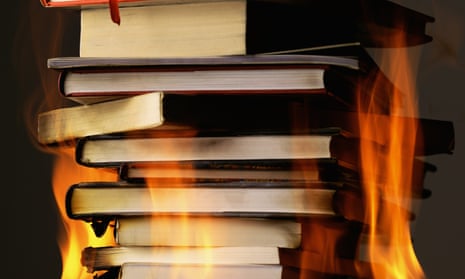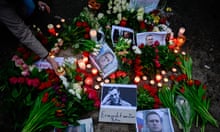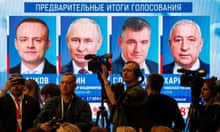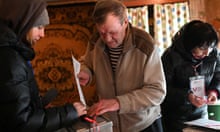The Russian ministry of culture has denied that a widely reported book burning ever happened, after the Russian Writers’ Union (RWU) submitted a petition to the government voicing concerns about the destruction of books.
In January, Russian authorities were reported to have burned 53 books and removed more than 500 other volumes from two university libraries in the north-western Komi republic, on the grounds that they contained sentiments “alien to Russian ideology”.
Most were textbooks published with money donated by the Soros Fund, run by hedge fund billionaire and outspoken Putin critic George Soros. The Open Society Foundation and the Open Society Institute’s Assistance Foundation, both financed by Soros, were declared “undesirable organisations” and forced to stop their work in Russia in November 2015.
A spokesperson for the education authorities in Komi later said reports of book burning had been misinterpreted by the media, and that the books had been withdrawn from circulation and stored in a warehouse. Culture minister Vladimir Medina later said that burning books was “totally unacceptable”.
On Friday, Publishing Perspectives reported that the RWU had submitted a petition to Russian president Vladimir Putin, asking him to prevent any further book burnings and clarify whether other books financed by foreign sources would be at risk of being destroyed.
A spokesperson for Russia’s ministry of culture told the Guardian via email that the RWU’s fears were “groundless” and that book burning “could be regarded as censorship which is prohibited by the Russian constitution”.
“The Russian ministry of culture is not and never has been in a position to issue any laws or give instructions to destroy the books which ‘contain sentiments alien to Russian ideology’ as they are often referred to in mass-media,” the spokesperson said. “If any books are declared ‘extremist’ through a court proceeding, they are put into the special list of the ministry of justice of the Russian Federation and immediately withdrawn from libraries. However, even in this case books are not destroyed, they are just not lent out to readers.”
The two Soros foundations were added to the list of “undesirable” foreign agencies after parliamentarian Konstantin Kosachev said the list would name organisations that “criticise Russia at any chance and are trying to gain external control over the situation in our country and over our people”. Soros and the Russian state have long been at odds: Soros has a history of funding civil society groups active in protest movements. In February, he said Putin’s Russia was “a bigger threat to the EU than Islamic State”; Russian government-funded media organisation RT responded by calling Soros “a psychopath’s psychopath”.










Comments (…)
Sign in or create your Guardian account to join the discussion